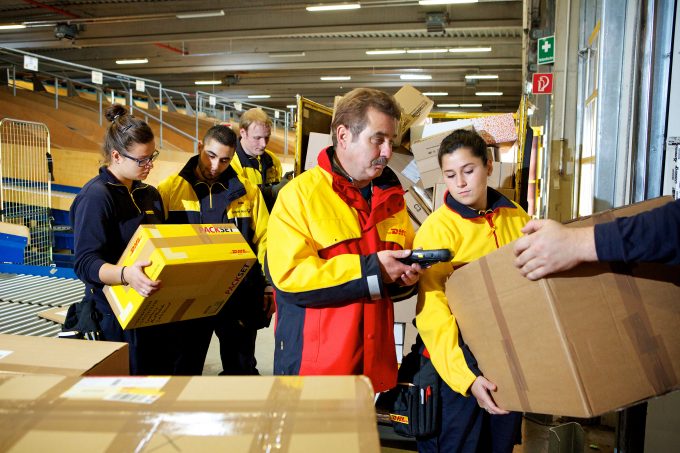Unions renew call for industrial action at France’s biggest box port
Docker and port worker unions at France’s biggest container port, Le Havre, have begun a ...

Union leaders in Germany and elsewhere have welcomed a deal between labour groups and postal and logistics giant Deutsche Post-DHL.
DP-DHL on one side, and the International Transport Workers Federation (ITF), Swiss UNI Global Union and German services union ver.di on the other, last week signed a new protocol aimed at continued dialogue on employment and industrial relations.
DP-DHL will meet with the unions four times a year and “attempt to resolve issues in a mutually acceptable manner to avoid future problems”.
The agreement follows ...
Trump tariffs see hundreds of cancelled container bookings a day from Asia
'To ship or not to ship', the question for US importers amid tariff uncertainty
'Chaos after chaos' coming from de minimis changes and more tariffs
'Disastrous' DSV-Schenker merger would 'disrupt European haulage market'
Forto 'sharpens commercial priorities' as it lays off one-third of staff
List of blanked transpac sailings grows as trade war heats up and demand cools
EC approves DSV takeover of DB Schenker
Overcapacity looms for ocean trades – with more blanked sailings inevitable
Amazon Air’s metamorphosis: 'a different air cargo unit from two years ago'
Shippers in Asia restart ocean shipment bookings – but not from China
India withdraws access for Bangladesh transhipments, in 'very harmful' decision
'Tariff hell' leaves industries in limbo – 'not a great environment to plan'

Comment on this article